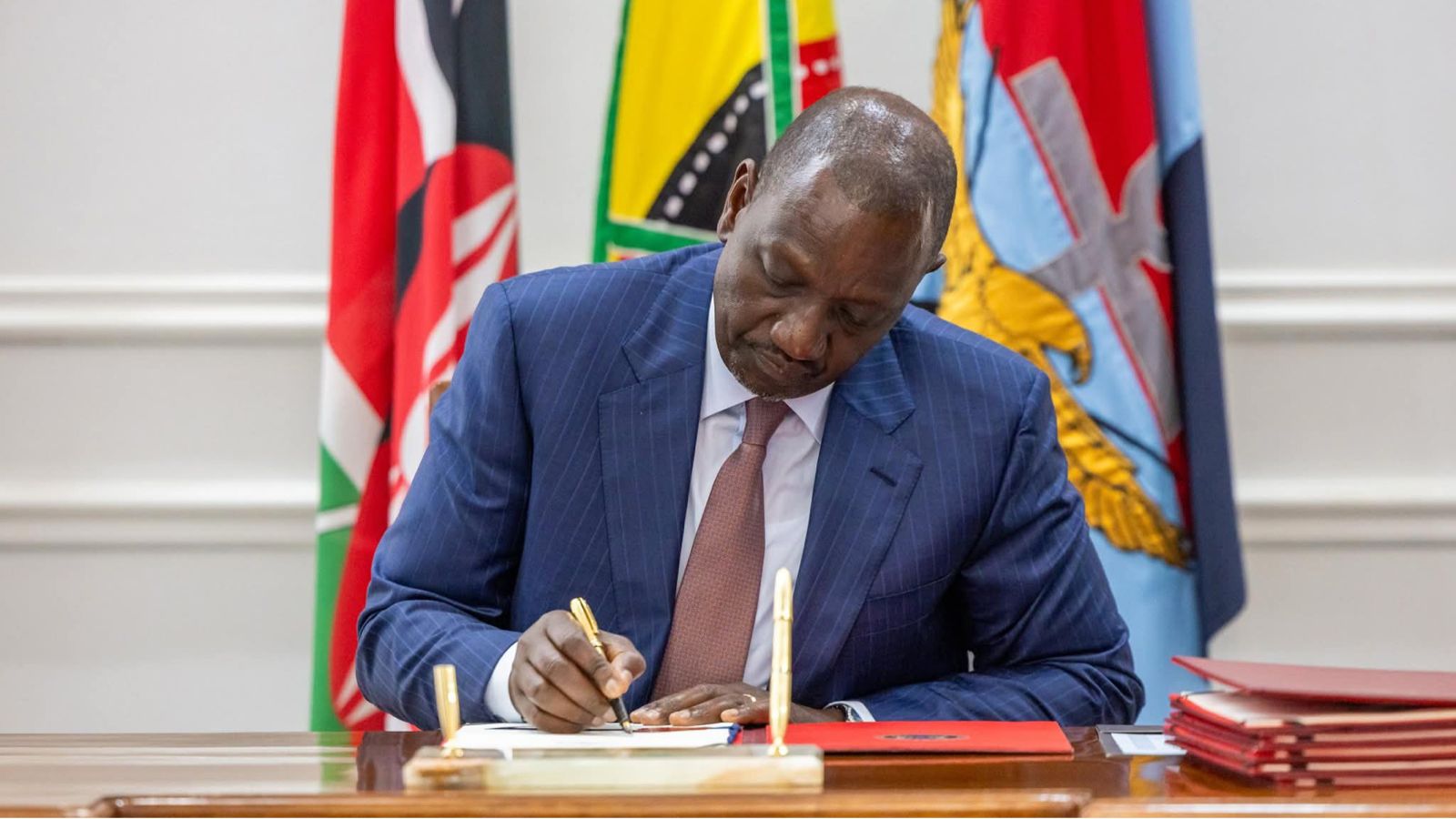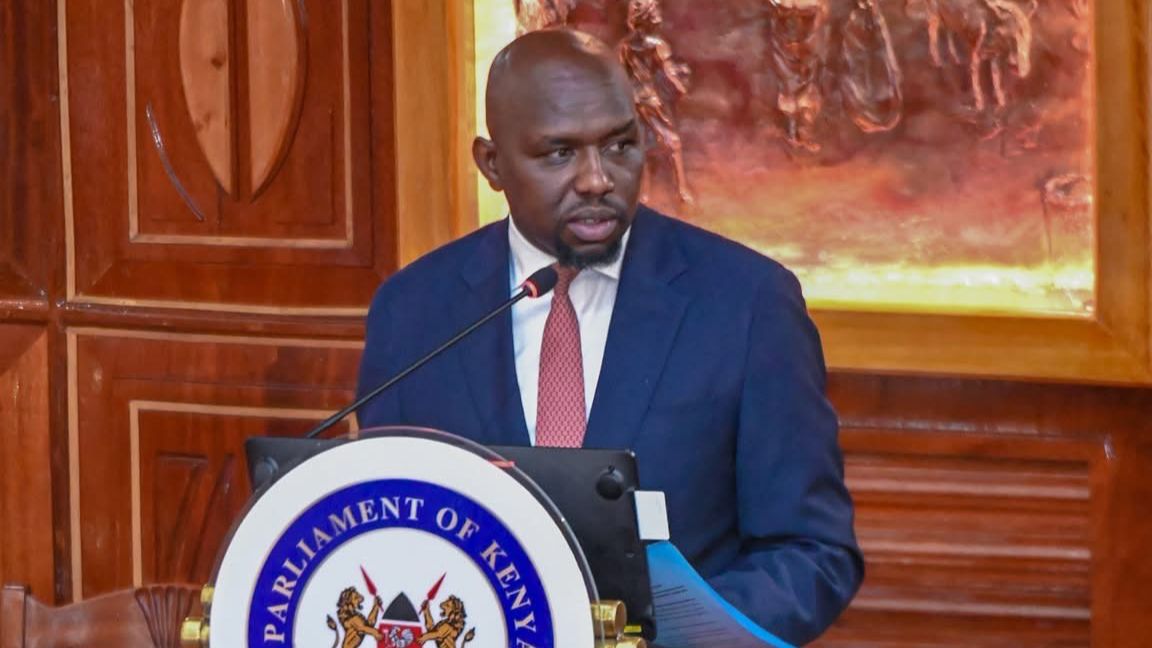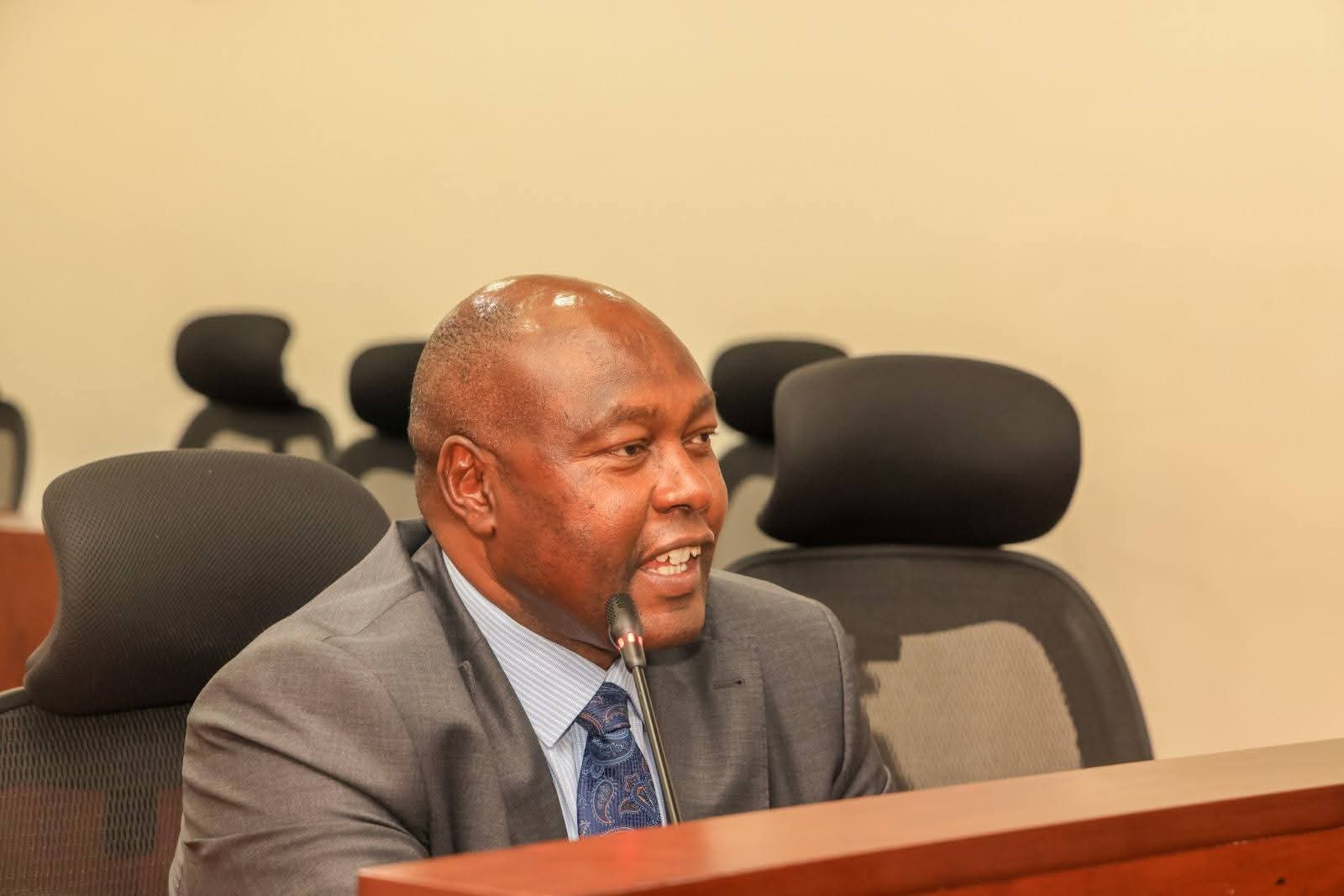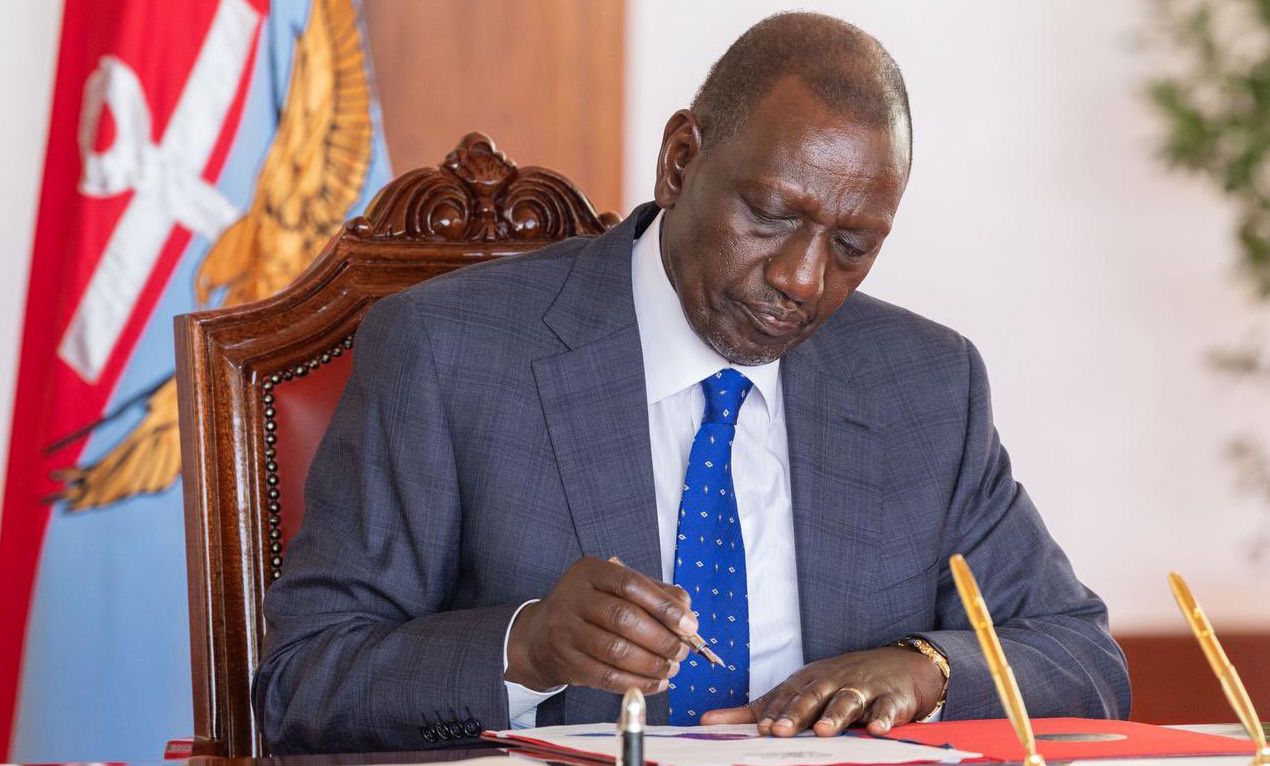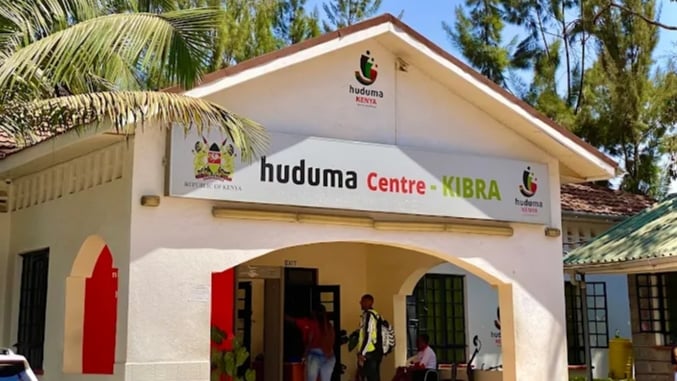The High Court in Nairobi has temporarily suspended the implementation of key provisions of the controversial Computer Misuse and Cybercrimes (Amendment) Act, 2025, pending the hearing and determination of a petition challenging its legality.
Justice Lawrence Mugambi issued the conservatory orders on Tuesday, October 22, following an application filed by gospel artist and human rights advocate Reuben Kigame and the Kenya Human Rights Commission (KHRC).
In his ruling, Mugambi directed that the application and its submissions be physically served on the respondents within three days, with proof of service to be filed thereafter.
"Pending the hearing and determination of this application, a conservatory order is hereby issued suspending the enforcement, implementation, and operation of Section 27(1)(b), (c) and (2) of the Computer Misuse and Cybercrimes (Amendment) Act, 2025," the order reads in part.
The court has further directed that responses and submissions to the application be filed and served within seven days from the date of service.
Read More
The petitioners may also file and serve a rejoinder within seven days after receiving the respondents’ submissions. The case will be mentioned on November 5, 2025, for further directions.

On Wednesday, October 15, President William Ruto assented to the Computer Misuse and Cybercrimes (Amendment) Act, 2025, a new law that revises the 2018 Computer Misuse and Cybercrimes Act.
The legislation has since elicited sharp reactions across the country, with parts of it being welcomed for tackling new-age digital crimes, while others have been criticised for potentially threatening online freedoms.
The new law amends Section 2 of the principal Act by inserting the words “through a program or a device or” after “by a person” in the definition of “access.”
This broadens the legal understanding of access to include situations where entry into a computer system is gained through automated tools or malicious software.
Additionally, the amendment introduces new terms, including “asset” (to cover both physical and virtual property), “identity theft” (use of another person’s identification data without consent), and “virtual account” (to include online wallets and digital payment systems).
These definitions are designed to modernise Kenya’s cybercrime law to reflect emerging technologies and financial systems such as cryptocurrency and virtual banking.
The amendment to Section 6(1) expands the mandate of the National Computer and Cybercrimes Coordination Committee (NC4).
The committee now has explicit authority to direct internet service providers and platform operators to block access to websites or applications that promote illegal content such as child pornography, terrorism, or extremist ideologies.
This measure has been justified by the government as a national security safeguard meant to curb the spread of harmful content.
Additionally, the newly introduced Section 46A gives courts or authorised officers powers to order the removal of content from computer systems, websites, or digital platforms, and to block or shut down such platforms if they are deemed to host illegal content.
The section specifically targets online spaces suspected of facilitating terrorism, child exploitation, and extremist religious or cultic activities.
